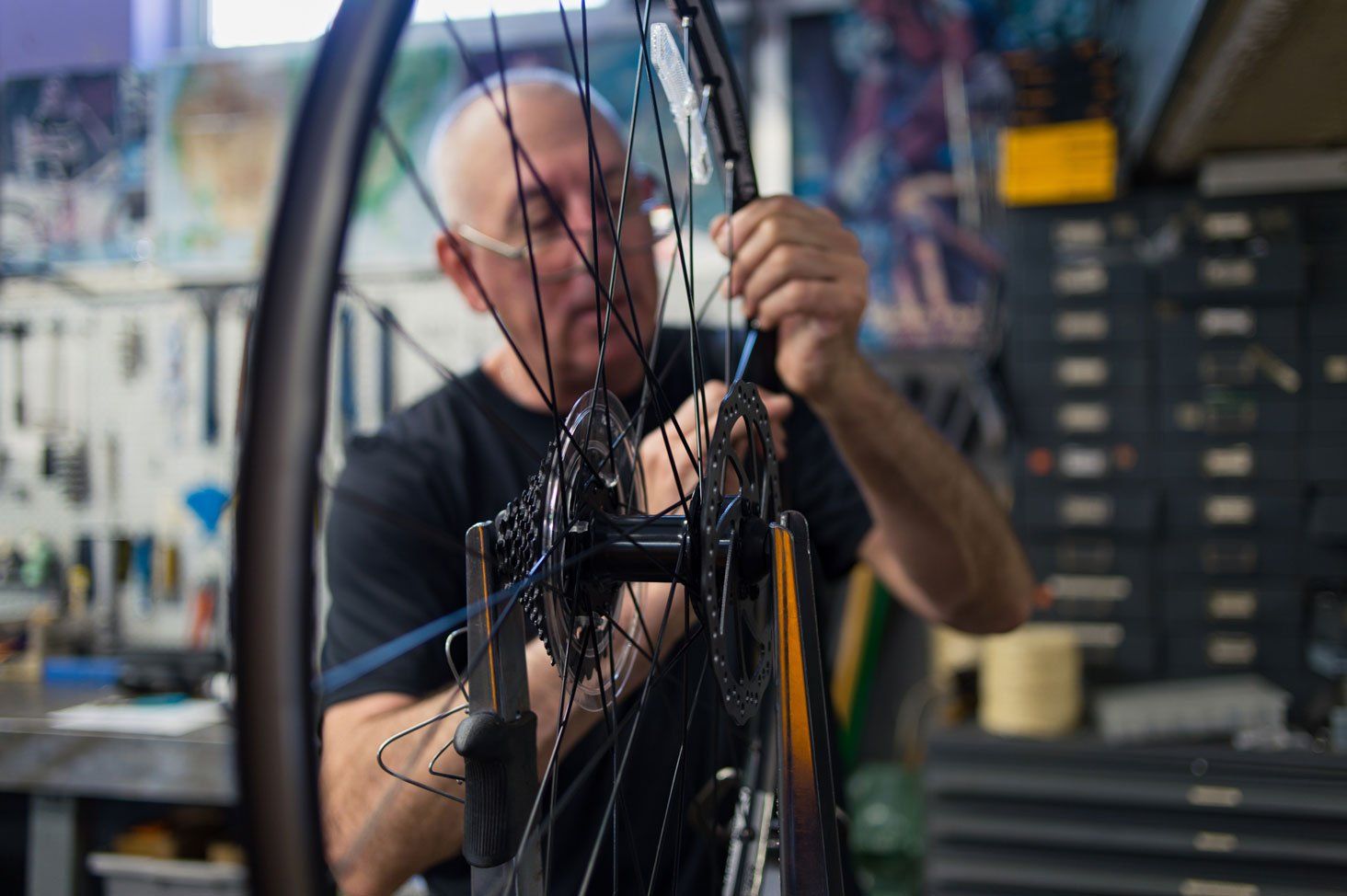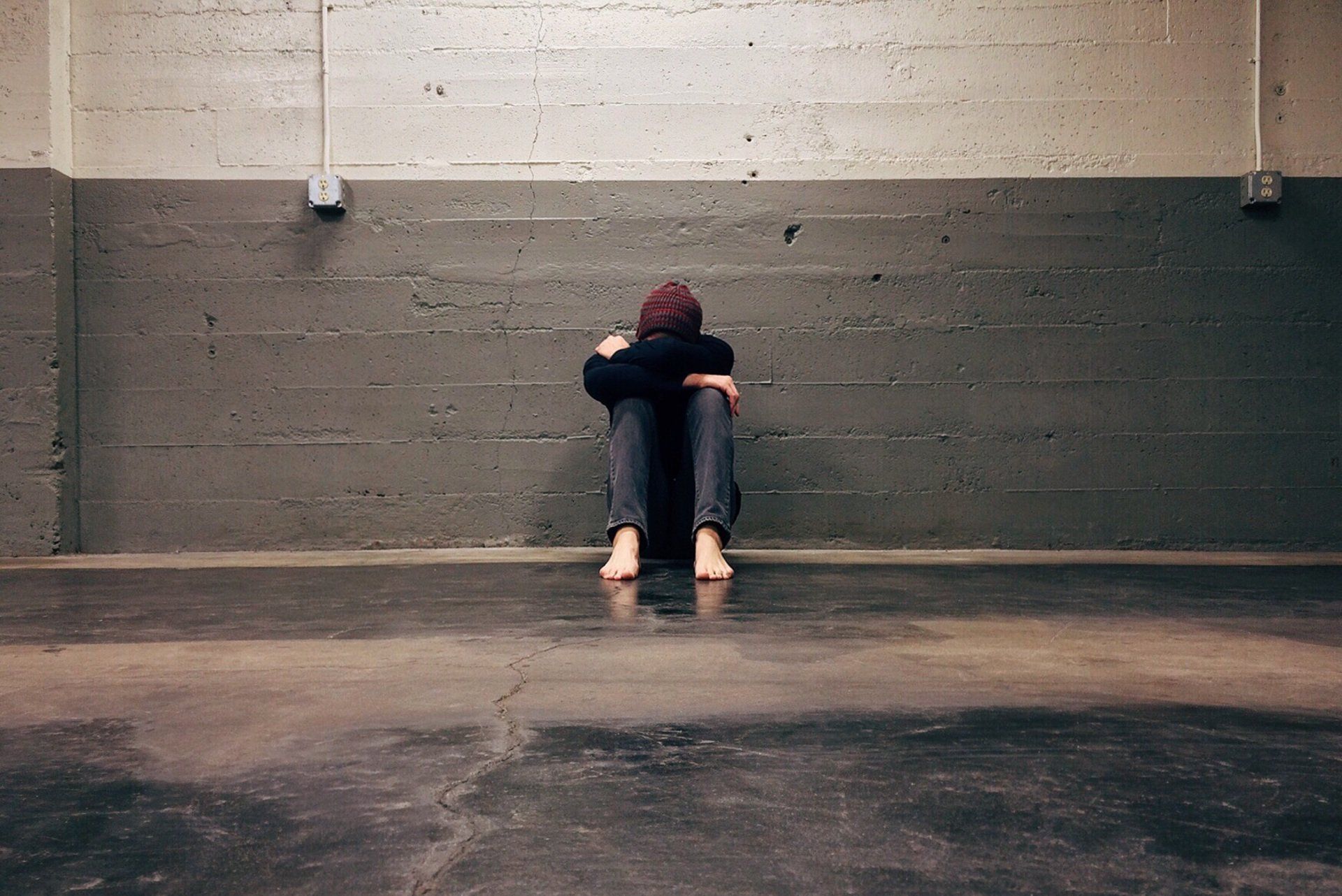Online PTSD Therapy in San Marcos, CA
Providing Support for PTSD through Virtual Therapy
Online PTSD Therapy Services
At Suddenly Normal, I prioritize your mental well-being with my specialized PTSD therapy services. I understand the importance of addressing your emotional health alongside your physical well-being, especially in navigating the unique challenges that PTSD presents.
Recognizing the societal pressures that may deter certain people from seeking help, I'm committed to breaking down those barriers. My safe and judgment-free space allows you to freely express yourself and receive tailored support for your PTSD journey.
Whether you're grappling with stress, relationship strains, or feeling overwhelmed by PTSD symptoms, I'm here to guide you through it with empathy and understanding. Your mental health is paramount, and my goal is to help you cultivate resilience and achieve a sense of balance and well-being. Take the courageous step towards a healthier, happier life by exploring my PTSD-specific therapy services at Suddenly Normal. If you're also facing challenges in other areas, here are related areas of support I offer:
Let's navigate the best course for your life.
Promoting Lifelong Growth
Our San Marcos Online Therapy Services
Let's get started.
Request an Appointment or Information
Frequently Asked Questions: PTSD Therapy Near San Marcos, CA
What is PTSD therapy and how can it help me?
PTSD therapy is designed to help individuals process and heal from traumatic experiences. Through evidence-based approaches, I help you manage symptoms like flashbacks, hypervigilance, emotional numbness, and avoidance—empowering you to reclaim a sense of safety and control in your life.
Do I need a PTSD diagnosis to start therapy?
No formal diagnosis is required to begin therapy. If you're experiencing symptoms related to trauma—such as intrusive memories, anxiety, or emotional distress—therapy can still provide meaningful support and relief.
How does online PTSD therapy work?
My sessions take place through secure video conferencing, allowing you to access care from a safe and private space. We'll work together to address your symptoms, process your trauma at a comfortable pace, and develop strategies to support long-term healing.
Is online therapy effective for treating PTSD?
Yes. Research supports the effectiveness of virtual therapy for PTSD, especially when built on a trusting therapeutic relationship and structured, trauma-informed techniques. My goal is to create a safe, connected environment—no matter where you're located in California.
How do I know if what I'm experiencing is PTSD?
PTSD symptoms vary but often include flashbacks, nightmares, avoidance of reminders, negative mood changes, and increased arousal or irritability. If you've experienced a traumatic event and feel stuck or overwhelmed, therapy can help clarify what you're going through and offer support.
What if I’m also dealing with anxiety, depression, or substance use?
It’s common for PTSD to overlap with other mental health challenges. I offer integrative care that takes into account co-occurring conditions like anxiety, depression, or substance use. Together, we’ll create a treatment plan that addresses the full picture of your experience.
Can men benefit from PTSD therapy?
Yes. Men often face unique challenges in seeking help, and I’m especially mindful of the societal pressures that can discourage vulnerability. My goal is to provide a supportive environment where men can openly address trauma and begin the healing process.




















